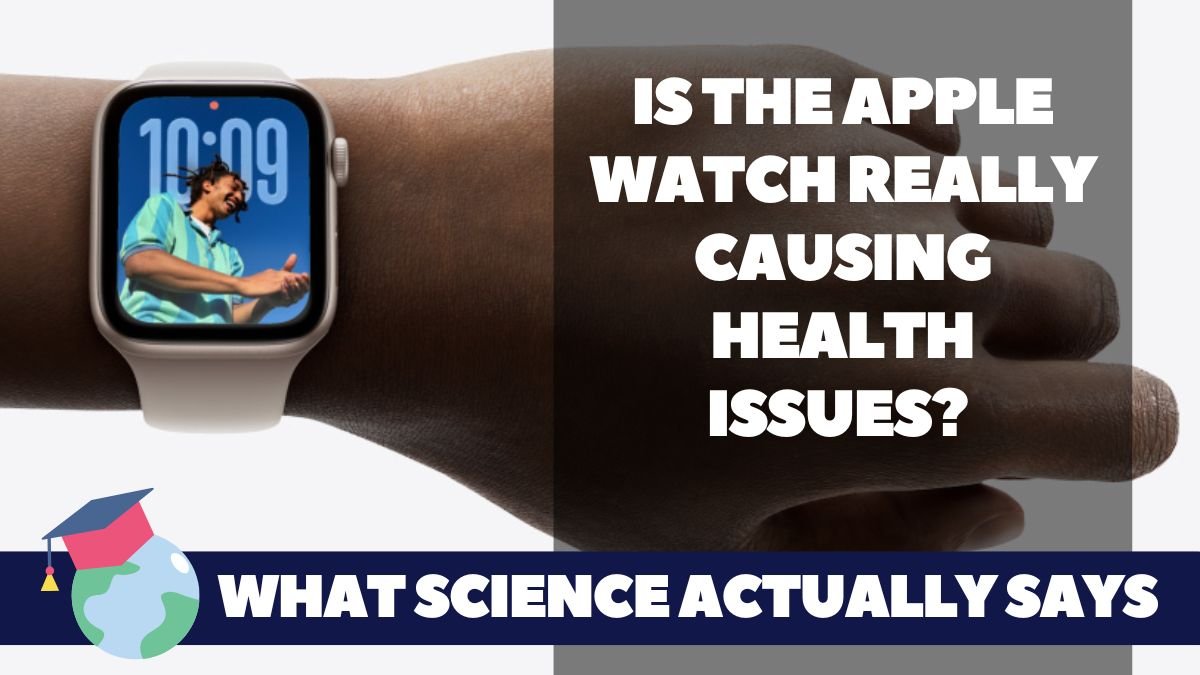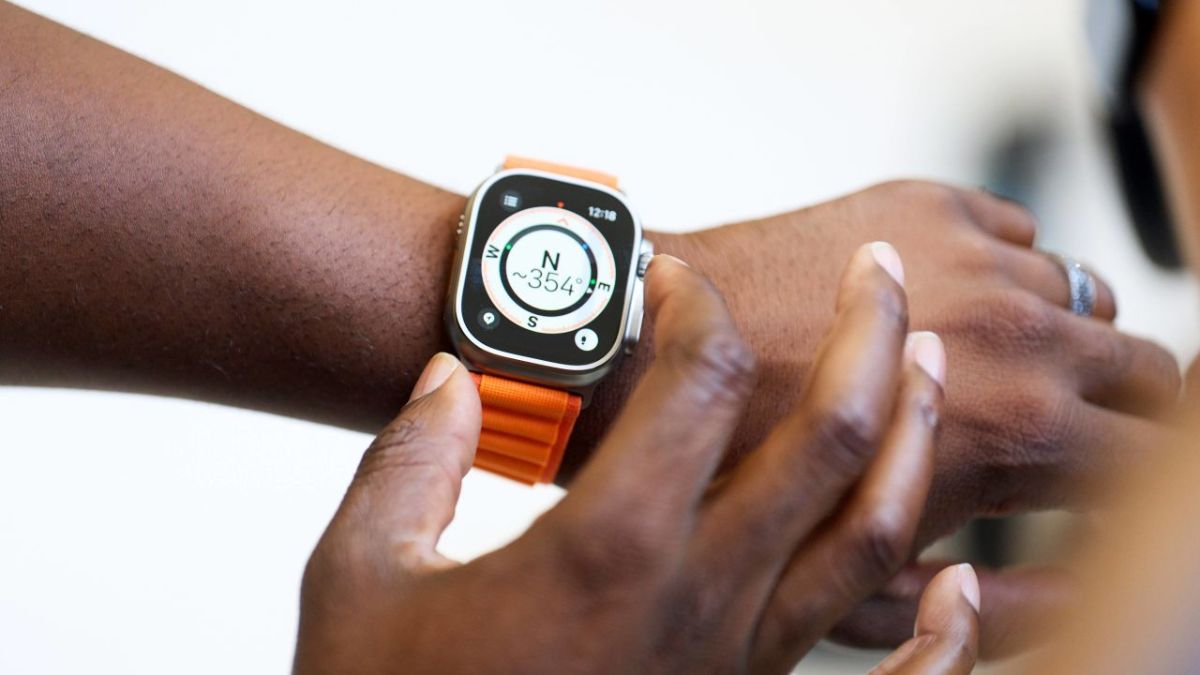Is the Apple Watch Really Causing Health Issues? What Science Actually Says
You’ve probably seen viral posts claiming the Apple Watch is causing health issues — from skin irritation and rashes to worries about radiation and heart problems. But how much of this is true? Let’s unpack what’s real, what’s exaggerated, and what science actually says about it.

What Are People Saying About Apple Watch Health Issues?
Across social media and forums, users have shared experiences that sound concerning:
- Redness or Apple Watch skin irritation after wearing it all day
- Tingling or mild burning under the watch
- Anxiety caused by constant Apple Watch health tracking
- The belief that Apple Watch radiation might harm long-term health
It’s easy to see why people are cautious — but let’s look at what research and Apple itself say about these claims.
Does the Apple Watch Emit Harmful Radiation?
The short answer: no.
The Apple Watch radiation people talk about is non-ionizing electromagnetic radiation, the same harmless type your phone or Wi-Fi emits. According to the FCC and ICNIRP, the Apple Watch operates well within safe exposure limits.
There’s no scientific proof linking Apple Watch radiation to cancer, headaches, or fatigue. The levels are simply too low to cause biological harm.
So, when people ask “Is the Apple Watch really causing health issues because of radiation?” — the data says no.
Can the Apple Watch Cause Skin Problems or Allergies?
This one has some truth.
The most common Apple Watch health issue is skin irritation, not internal harm. It happens when:
- The strap is too tight
- Sweat and moisture build up under the band
- You’re allergic to materials like nickel or rubber
Even Apple addressed this. They recommend keeping the band clean, dry, and slightly loose. For sensitive skin, switching to fabric or hypoallergenic bands usually solves the problem.
In short, Apple Watch skin irritation is more about contact allergy or hygiene, not a design flaw.
Can the Apple Watch Cause Heart Problems or Stress?
Ironically, it’s designed to help your heart — not hurt it.
The Apple Watch heart sensor can detect irregular rhythms like atrial fibrillation. But some users report feeling anxious from constant tracking or overanalyzing their heart data.
This isn’t a physical problem — it’s a psychological one called the nocebo effect. You start feeling symptoms just because you believe the watch is causing them.
There’s no medical evidence that Apple Watch heart problems occur from using it. In fact, multiple studies show the device can save lives by detecting early signs of heart disease.

Images credits: apple.com
What About Apple Watch Side Effects People Talk About Online?
Most so-called Apple Watch side effects are minor and preventable. Here’s a quick list:
Possible (but minor) side effects:
- Temporary redness or rash
- Mild irritation from tight straps
- Anxiety from over-monitoring health stats
What’s not caused by the Apple Watch:
- Radiation poisoning
- Nerve damage
- Long-term health decline
Apple follows strict international safety standards, so unless your watch is damaged or counterfeit, you’re not at risk.
So, Is the Apple Watch Really Causing Health Issues?
Here’s the bottom line: No credible scientific evidence links the Apple Watch to serious health risks.
Yes, a few users experience skin irritation or feel uneasy with constant tracking, but those are manageable and not harmful. The benefits — heart alerts, emergency SOS, fall detection — outweigh the negatives.
If you’re still worried, here’s how to make it even safer:
- Clean your watch regularly
- Avoid tight straps
- Use skin-friendly bands
- Take short breaks from wearing it
Use it smartly, and you’ll enjoy one of the most helpful health companions on the market.
Also Read: How to Use Water Lock on Apple Watch to Eject Water Effortlessly